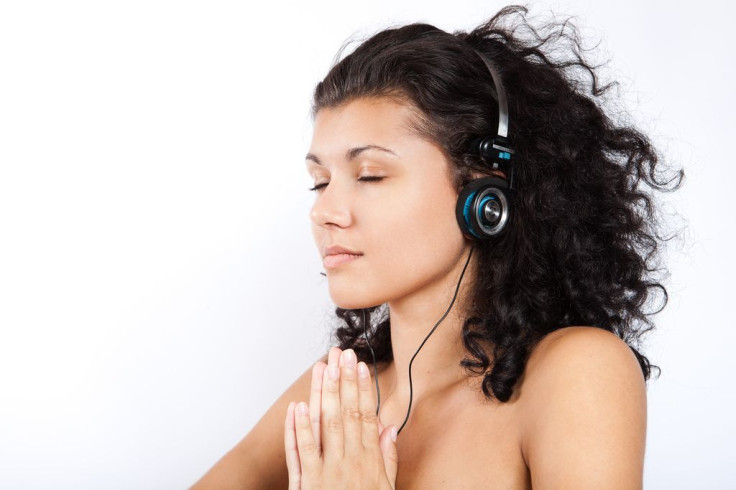Mindfulness Meditation Helps Anxiety And Depression, Beyond Placebo

On a January day known as Blue Monday, millions return to work after an extended holiday to face the monotony of what the Catholic Church refers to as the beginning of Ordinary Time. First proposed in 2005, psychologist Cliff Arnall — at the behest of a travel company — devised a formula considering data points later rejiggered with information mined from Twitter.
But whether quackery or not, Blue Monday brings the “dead of winter” with inclement weather throughout much of the country, guilt over broken New Year’s resolutions, and a sudden jump in the divorce rate. Those not drinking stolidly at the pub may find themselves on a ledge, or not. A new study from Johns Hopkins University shows a third option for beating depression and anxiety on Blue Monday and beyond.
Just 30 minutes of daily meditation may help to alleviate symptoms of the co-occurring mood disorders, says Madhav Goyal, a medical professor who led the work. "But in our study, meditation appeared to provide as much relief from some anxiety and depression symptoms as what other studies have found from antidepressants."
In a review of 47 clinical trials, Goyal and his colleague evaluated the degree to which symptoms changed among more than 3,500 patients with a variety of medical conditions, such as insomnia, fibromyalgia, among other physical and mental health issues. They found that symptoms of depression and anxiety lifted, though only “small evidence” showed any improvement in stress and perceived quality of life.
Moreover, studies that followed participants for at least six months showed continued mental improvement and held the medical dictum, Primum non nocere: First, do no harm.
"A lot of people have this idea that meditation means sitting down and doing nothing," Goyal said in statement. "But that's not true. Meditation is an active training of the mind to increase awareness, and different meditation programs approach this in different ways."
A Buddhist practice known as “mindfulness meditation” worked best, Goyal and his colleagues found. Now fairly common as a mental health treatment in the Western world, the practice compels participants to focus non-judgmental attention on the present moment, loosening the mind’s voracious grip on the past and future. Practiced for thousands of years, varying forms of the discipline initially allowed practitioners to attain “a deeper understanding of the sacred and mystical forces of life,” but is seen in the West now as an accepted form of complementary medicine, according to the Mayo Clinic.
Although some critics contend that past scientific research on the practice has failed to isolate any benefits from placebo, Goyal says the meta-analysis showed otherwise. "Meditation programs appear to have an effect above and beyond the placebo.”
Source: Goyal M. Johns Hopkins Research Suggests Meditation May Reduce Symptoms. JAMA. 2013.



























